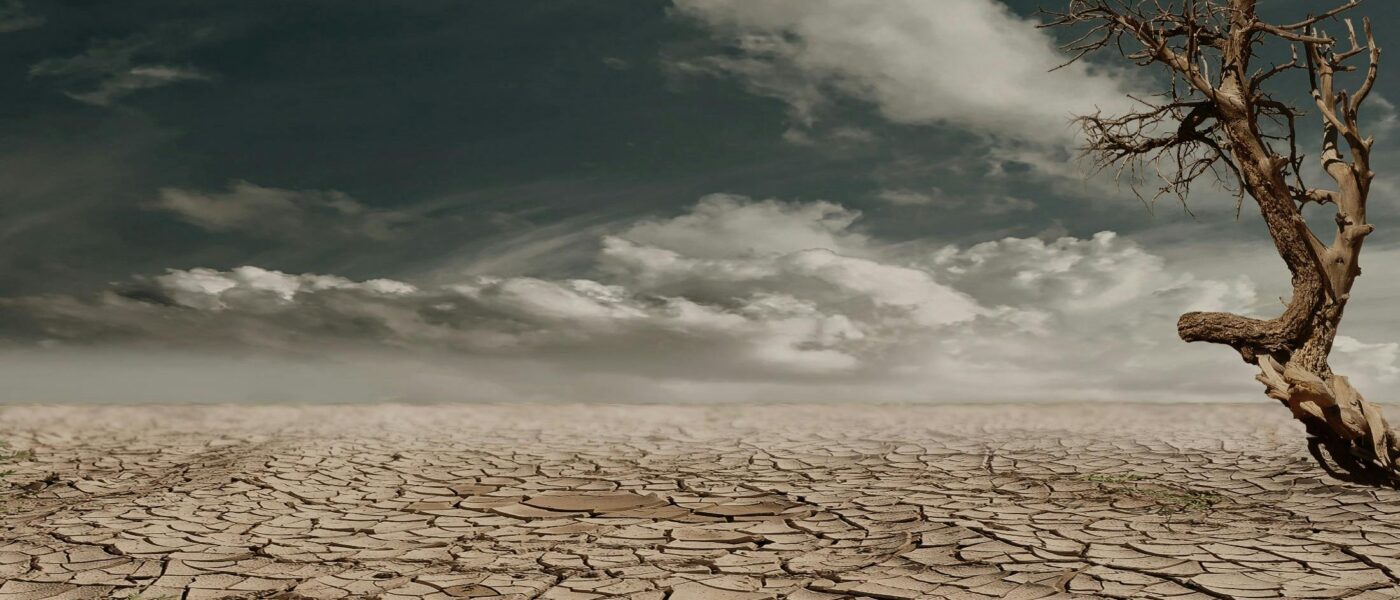
Ohene Yaw Ampofo-Anti ■ Taxation as Climate Reparations: Who Should Pay for the Crisis?

In this blog, I explore the idea of treating taxation as a form of climate reparations — a necessary step toward recognising the historical injustices that have shaped today’s climate inequality and reimagining how responsibility for repair is shared.
According to a recent report by the United Nations Environment Programme (UNEP) within the next decade, the world is likely to overshoot the temperature goal of 1.5 degrees Celsius, set a decade ago by the Paris Agreement. As countries meet at COP30 in Belem, the question of who bears the greatest responsibility for remedying the climate crisis is likely to take centre stage yet again.
This question of ‘climate reparations,’ however, is not new.
Three decades ago, the Association of Small Island Developing States called for an insurance scheme which would be funded by global North states to pay reparations to small island developing states.
This call has largely been ignored.
More recently, the Pacific Islands Students Fighting Climate Justice spearheaded the effort to obtain an Advisory Opinion on climate change from the International Court of Justice. Speaking at the ICJ’s hearings earlier this year, its President, Vishal Prasad, had this to say: “If greenhouse emissions are not stopped, we are not just risking our future, we are welcoming its demise.”
Contemporary calls for climate justice from the global South are rooted in notions of historical responsibility stemming from the racist history of colonial extraction. These advocates argue that climate reparations must address both racial injustice and the ecological crisis, regarding the two as intertwined.
In this blog, I advance a decolonial reading of the recent advisory opinion issued by the International Court of Justice (ICJ) and make the case for treating wealth taxes as a form of climate reparations. I outline several key claims here, though each is developed in greater detail in my forthcoming policy brief.
Firstly, inequality is a defining feature of the climate crisis — and it is deeply racialised. The racist history of colonial extraction lies at the root of this inequality, making it a foundational driver of both climate vulnerability and injustice.
While the Paris Agreement correctly regards the climate crisis as a ‘common concern of humankind’, not all human beings will be affected in equal measure.
It is well documented that the global North bears disproportionate responsibility for the climate crisis. According to the latest report of the IPCC, climate change is not only caused by inequality between countries but also inequality between households with wealthier households contributing disproportionately. The same report found (with high confidence) that vulnerability to climate change is exacerbated by inequity linked to historical processes such as colonialism.
Climate Inequality and Colonial Responsibility
The conventional origin story of climate change needs to be decolonised. According to this story: the ‘Anthropocene’, climate change began in the Industrial Revolution in the mid-eighteenth century when the highest emission of greenhouse gases was first recorded.
Critics of the Anthropocene argue however that this view fails to engage in a robust political economy analysis that acknowledges which human beings bear primary responsibility.
Decolonial scholars argue that colonialism — particularly racial capitalism with its commodification of both nature and human beings and its model of extractivism — facilitated the present-day ecological crisis. Racial capitalism can be defined as ‘the fabrication and manipulation of racial hierarchies by colonising countries to maintain control over populations and extract labour, wealth, and resources.’ By “race,” I mean social classifications based on phenotypical features, as well as culture, language, and ways of life that were deemed inferior vis-à-vis Europeans during the transatlantic slave trade, as well as the genocide and dispossession of Indigenous peoples from their lands.
My second claim is that, given the significant role of colonialism in driving the climate crisis, particularly climate inequality, racial justice should be an essential component of climate reparations.
Article 8 of the Paris Agreement provides that the allocation of resources for loss and damage, does “not involve or provide a basis for any liability or compensation”.
From Legal Principles to Reparative Justice
The International Court of Justice’s (ICJ) recent advisory opinion, however, arguably paves the way for climate reparations. The Court held that there is a customary law duty to prevent significant harm to the environment, and this includes a duty to prevent significant harm to the climate system. Failure to adhere to this duty is an internationally wrongful act giving rise to climate reparations with the caveat that attribution and causation can be established on a case-by-case basis.
A question left open by the ICJ’s Opinion is the temporal dimension of climate reparations: just how far may one turn back the clock? Unlike the IPCC, in identifying the root causes of climate change, it did not mention colonialism.
It did however point to the necessity of phasing out fossil fuels which was a central feature of extractivism during colonialism.
In addition, it stressed that the principles of equity and common but differentiated responsibilities and respective capabilities (CBDR principle) have a bearing on the interpretation of the normative content of states’ obligations under climate law.
Legal scholar Duncan French argues that the primary justification for the CBDR principle is to acknowledge the historical responsibility of the North for current environmental degradation, its present capability to remedy such problems, and the way it disproportionately benefited from them.
The ICJ also considered international human rights law as a relevant normative source in interpreting states’ obligations in respect of climate change. Equity is a core principle of international human rights law. The core international human rights treaties prioritise substantive over formal equality. This includes gender and racial equality both within and between countries as well as advancing the rights to self-determination and development.
A decolonial reading of the ICJ’s Opinion should prefer a definition of reparations which is both backward-looking and forward-looking because reparations are meant to attend to past, present and future harms. A decolonial reading of the ICJ’s Opinion that is rooted in historical responsibility is necessary so that climate finance is not regarded as charity but as a legal obligation.
Taxation as Reparations
In my opinion reparations should take the form of wealth taxes:
- I have already argued that climate change is fuelled not only by inequality between countries but also inequality within households. Wealthier households therefore contribute disproportionately to the crisis.
- The same colonial injustices, which are among the root causes of the climate crisis similarly contributed significantly to present-day tax injustice particularly the establishment of tax havens, tax opacity and the concealment of ill-gotten gains.
- Fiscal justice especially from a human rights perspective requires progressive as opposed to regressive taxation that combats racial and gender inequalities. In a study at the behest of the Brazilian G20 Presidency, Gabriel Zucman demonstrates that generally ultra-high net worth individuals tend to be taxed at lower rates of taxation than other social groups. According to the State of Tax Justice Report 2024, US$492 billion is lost to tax havens each year with as much as US$144.8 billion lost to offshore tax evasion by wealthy individuals. The wealthy are therefore not paying their fair share.
- Finally, given the entanglement of wealth accumulation with racial capitalism that fuels both racial and climate inequality then wealth taxes are arguably a commensurate form of reparations.
Taxation as reparations should be regarded only as a first step towards decolonising the global economy. Reparative justice would also involve significant debt cancellation, technology transfers and reform of global economic governance systems so that they are more democratic and adequately consider the distinct needs, priorities and capacities of countries in the global South.
Decolonisation, however, ultimately requires an overhaul of the present international economic order, which continues to disadvantage the peoples of the global South. After all, ‘true reparations can never be delivered by a system that is founded on white supremacy.’ Taxation is, at best, a non-reformist reform that challenges the status quo and marshals the world toward greater racial and climate justice.
Related articles

What Kwame Nkrumah knew about profit shifting
The last chance
2 February 2026

The tax justice stories that defined 2025

The best of times, the worst of times (please give generously!)

Let’s make Elon Musk the world’s richest man this Christmas!

Admin Data for Tax Justice: A New Global Initiative Advancing the Use of Administrative Data for Tax Research

2025: The year tax justice became part of the world’s problem-solving infrastructure

Bled dry: The gendered impact of tax abuse, illicit financial flows and debt in Africa
Bled Dry: How tax abuse, illicit financial flows and debt affect women and girls in Africa
9 December 2025


